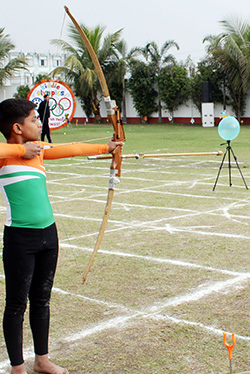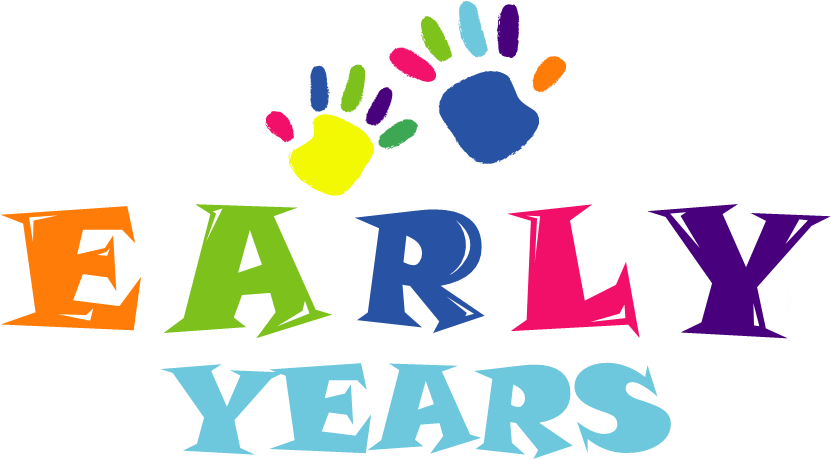
Sports Curriculum
“Champions keep playing until they get it right.”– Billie Jean King.
As the saying goes, a healthy mind resides in a healthy body. At DPS Gaya, academic learning and sports education complement each other. Physical education not only helps to enhance overall health and motor skills but also helps and sharpens students’ learning abilities. Including regular physical activities from an early stage helps the students to adopt a disciplined life. The usefulness of sports and physical activities is well understood and quintessential to academic life.
Physical education classes provide students with structured opportunities to engage in physical activity, learn fundamental movement skills, and understand the importance of regular exercise for physical health. These classes typically include activities to improve Speed, strength, cardiovascular fitness, flexibility, and coordinative abilities. Additionally, they teach students about sportsmanship, teamwork, and fair play, fostering social and emotional skills.
The health education curriculum covers various physical, mental, and emotional health topics. Students learn about nutrition, hygiene, safety, substance abuse prevention, mental health awareness, and healthy relationships. This knowledge empowers students to make informed decisions about their health and well-being, equipping them with essential life skills for adulthood.
Extracurricular sports and intramural programs allow students to develop their athletic abilities further, pursue their interests, and foster camaraderie with peers. These activities promote physical fitness, teamwork, leadership skills, and a sense of belonging within the school community.
Our school emphasises improving students' gross motor skills by providing fun and engaging physical activities. Children from Pre-Nursery to Grade 3 will be able to develop their coordination, balance, agility, and strength by focusing on fundamental movement patterns and skills. This approach will help lay the foundation for lifelong sports and physical fitness participation.
By integrating health and fitness education into the school curriculum, educators contribute to students' holistic development and prepare them to lead healthy, active lifestyles beyond the classroom. Moreover, promoting health and fitness in schools can lead to improved academic performance, reduced absenteeism, and better quality of life for students.
Our sports curriculum goes beyond teaching skills; it promotes holistic development, fosters a love for physical activity, and instils valuable life lessons beyond the sports field. By incorporating these key components, sports programs can empower individuals to lead healthier, more active lifestyles and reach their full potential in sports and life.



